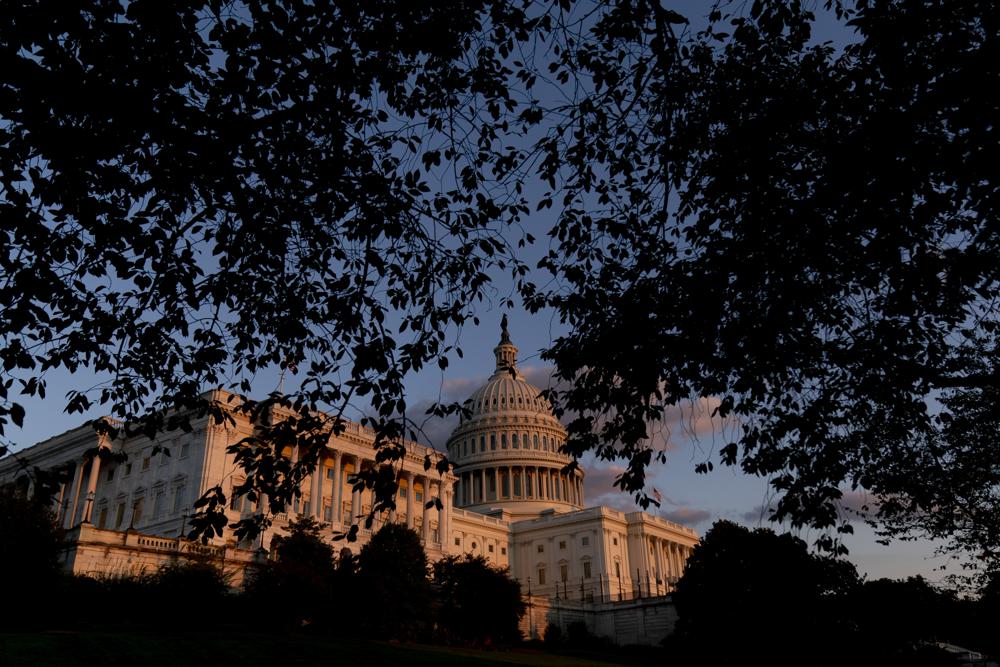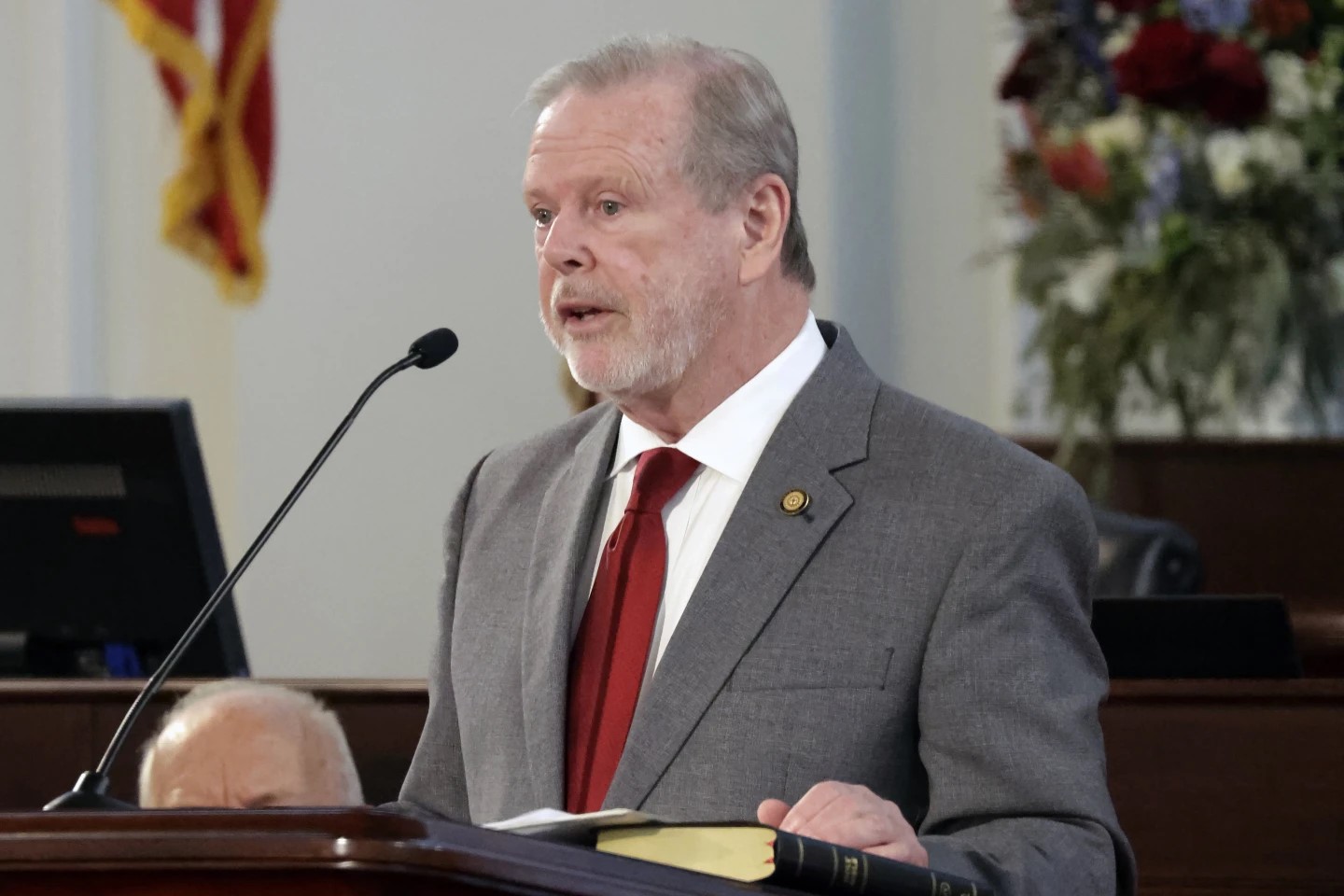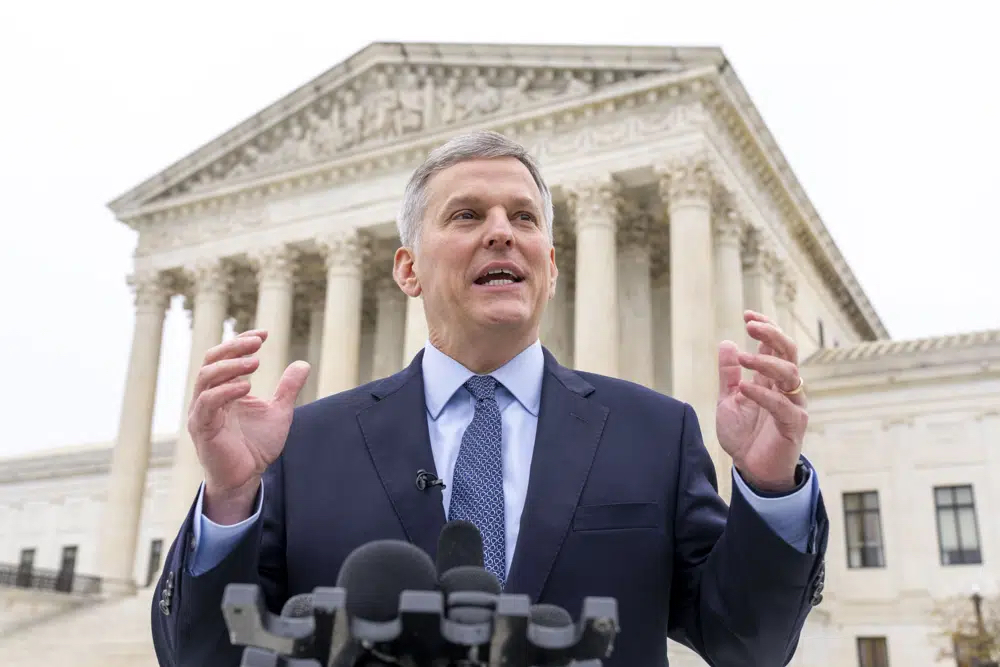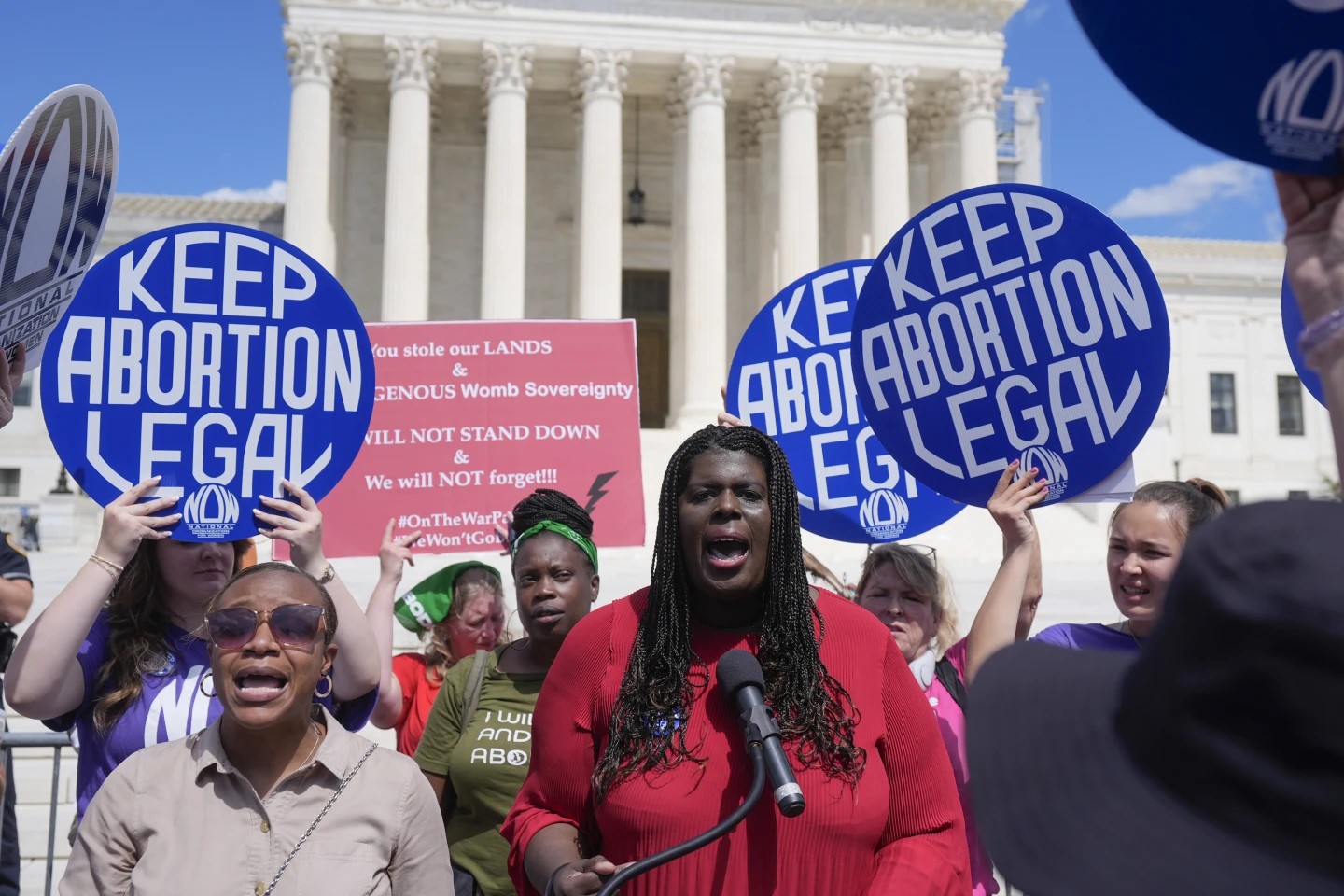CHAPEL HILL – Democratic State Senator Ellie Kinnaird of Chapel Hill and Carrboro was one of just 12 North Carolina Senators who cast a ‘no’ vote Wednesday on House Bill 695, which would severely restrict abortion in the state of North Carolina.
***Listen to the Interview***
The bill has sparked intense controversy across the state–not only because of its content, but also for the way it was passed: HB 695 began as a ban on the enforcement of Sharia law, but state senators amended it at the last minute (and largely out of the public eye) to include significant restrictions on abortion.
“They rammed this bill through the judiciary committee,” Sen. Kinnaird said after HB 695 passed the Senate on Wednesday. “They had not told the general public and they had not told any (abortion rights) advocates, so this was really a breach in public trust.” (Sen. Kinnaird says even she was not informed about the changes to the bill until 7:00 on Tuesday evening; the final vote was cast on Wednesday morning.)
Despite the short time frame, hundreds of North Carolinians turned out at the General Assembly Wednesday morning to demonstrate, both against the bill itself and against the way it was passed.
“I stirred them up a little bit,” says Kinnaird (who’d spoken passionately against the bill on Tuesday night). “When I first walked in and saw them, I clapped to them–and of course they just burst out in clapping.” Lt. Governor Dan Forest repeatedly silenced the crowd–one protestor was even removed from the building–but Kinnaird says “even their silent presence was very powerful.”
As amended, HB 695 includes a variety of provisions. Perhaps most notably, it would require abortion providers to meet the same standards as ambulatory surgery centers, a move abortion-rights advocates say is designed to shut down providers. Only one clinic in the entire state currently meets those standards; all others would effectively have to close–and Kinnaird says the standards governing ambulatory centers are irrelevant when it comes to clinics that provide abortions.
“(The standards govern) the linoleum on the floor and the paint on the walls,” she says, “as well as equipment–(requiring) things that would be there in an ambulatory (center) that just aren’t necessary in an abortion clinic.”
Moreover, Kinnaird says, those ‘abortion clinics’ don’t only provide abortions. “Women, low-income women, use this as their primary health care,” she says. “They get family planning materials there, they also get cancer screening–if we close these down, these folks without insurance, low-income people, are going to really suffer (in terms of) general health care.”
Another provision of the bill would prevent city and county health plans from covering abortions as well, unless it is to save the life of the mother or in cases of rape or incest.
As always with abortion debates, Kinnaird says the discussion of HB 695 got very heated: “At the end,” she says, “one of the backers of the bill told one of our Democrats that she was going to hell and he was praying for her.” But in this case, passions flared not only because of the content of the bill, but because of the process by which it was pushed through–an issue with a long history of its own.
“At one point (in the debate), the Rules chair stood up and said, ‘Well, you Democrats did it (like this) a long time,'” Kinnaird says. Republican Governor Pat McCrory made a similar comment in a statement denouncing the procedure: “It was not right then,” he said Wednesday, “and it is not right now.” (Kinnaird too doesn’t deny that Democrats could have been more transparent when they were the majority party–but adds, “Just because somebody (else) did it doesn’t make it right.”)
House Bill 695 passed the Senate by a vote of 29-12. The amended bill still needs to be approved by the State House, but its passage seems all but certain: Governor McCrory pledged during last year’s campaign not to sign any bill that imposes further restrictions on abortion, but Republicans have a veto-proof majority in both houses even if McCrory follows through on that pledge. Indeed, notwithstanding the procedural controversy, Kinnaird concedes that the bill would likely have passed the Senate in its current form even if GOP leaders had allowed ample time for public debate.
Even if it passes the legislature, though, Kinnaird says the story will be far from over. “The Attorney General said this bill is likely to generate a lot of Constitutional issues in the courts,” she says, “so even if it passes, it’ll be in the courts for a long time.”
And while Democrats have little power to shape the discourse in Raleigh now, Kinnaird says she’s confident that this debate will contribute to an anti-GOP backlash in 2014.
“People are finally beginning to realize (that) this is an extreme group, and we know that the people of North Carolina do not want extremism,” she says. “They don’t want to be on the Jon Stewart show (or) Rachel Maddow as laughingstocks of the country…
“We used to be a beacon of light (and) a beacon of enlightenment in the South, and we are no longer that–and I know that the people of North Carolina believe that we should be that beacon of light, that beacon of enlightenment. And they’re going to, I think, really react at the polls.”










